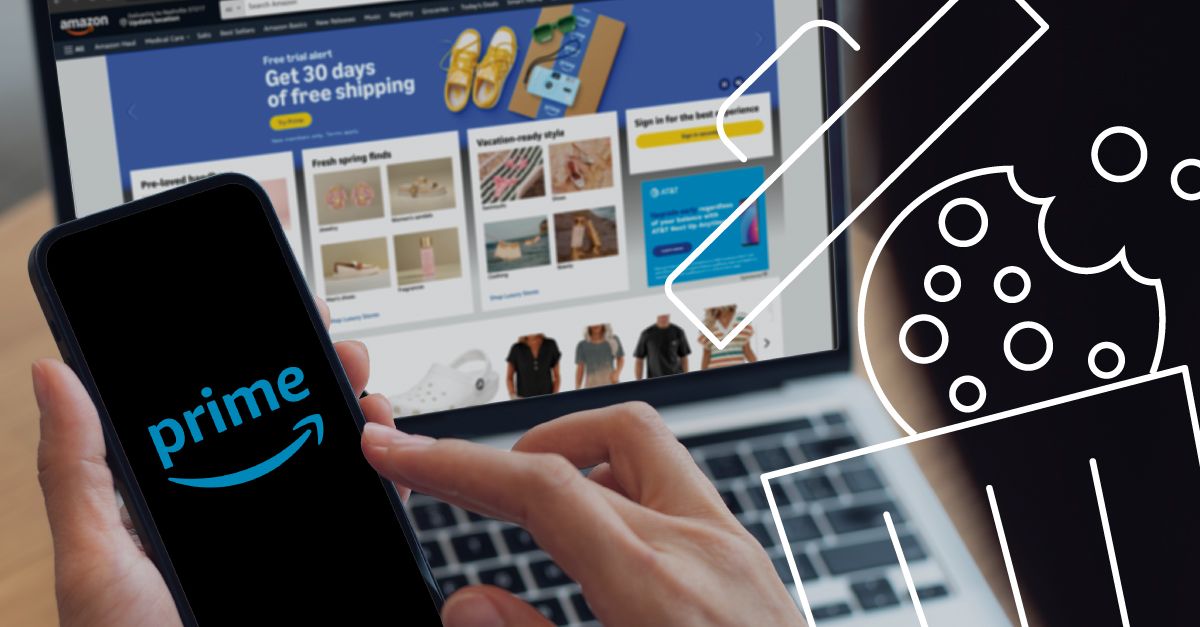
You’ve probably heard by now that by the year 2022, those of us in the digital ad industry must say “adiós” to the third-party cookie. The third-party phase-out was first announced in February 2020, but Google stirred the pot a little over the last month when they announced that they won’t be building alternate identifiers to track individuals as they browse across the web. Some companies fear that this will negatively affect their abilities to target the right consumers, but we at Genius Monkey say, “Lighten up, it just ain’t that big of a deal!”
It’s (not always) hard to say goodbye… to cookies
Third-party cookies are basically tracking codes that are generated by websites you visit as you browse around the internet that track hundreds to thousands of data points on what you are doing. This code is what tracks data from the visitor’s session and gives it to the entity that created the third-party cookie, usually a data aggregator and/or marketing platform, so that they can use that data in some way.
The third party cookie was great with helping marketers to target prospective buyers. The data collected provided an understanding of consumer behavior, which included frequently-visited websites, purchases and interests. It allowed marketers to target the right consumer and serve them the most relevant message. As an example, if an individual visited three different car dealerships’ websites in the course of a week, looking at a Honda Civic on each, then it was pretty safe for an ad-tech vendor to safely assume that this consumer was planning to buy a new Civic, and deliver automobile-related ads to them.
Removal of third-party cookies is a direct response to increasing data privacy laws. A growing number of consumers were uneasy with how their data was shared. They began demanding transparency, choice and control over how their data was used. As a result, some companies chose to implement permission-based third-party cookies, while others started to phase them out completely and began seeking new solutions as they prepared for the upcoming changes.
Targeting tactics you can rely on, no matter what
While third-party cookies have been a staple in the pantry of behavioral targeting, they have never been the only, or even most important, ingredient in Genius Monkey’s recipes for success. Targeting is not going away altogether; it’s just going to be utilized a little differently. Similar to some of the tactics that Genius Monkey has been using all along, instead of targeting individuals, we’ll be targeting GROUPS of individuals. The purpose of this change is to make consumers feel more comfortable. With these targeted ads being aimed towards groups of consumers with similar interests and behavioral identifiers, they can still be just as efficient.
This concept really isn’t that different from contextual targeting, where we target groups of people who read certain types of websites. Only now, the industry will just be taking that beyond websites, grouping other targetable attributes of the individuals and bundling them with others in the same categories. Sounds like a win-win situation, doesn’t it? Consumers are not so concerned with their privacy, and marketers still accomplish their programmatic goals. Simply put, taking away the third-party cookies isn’t removing targeting — it’s simply changing from targeting individually, to grouping those specific targets all together and creating targeting pools.

This is something we have always done at Genius Monkey. As an example, we may group together all of the visitors to an auto-intention site like CarGurus, Autotrader, etc, as immediate auto intenders … instead of just targeting Joe Schmoe, who went to CarGurus.com.
A flexible and robust platform can’t be shaken
We will continue to build customer relationships by expanding our CRM database, allowing us to collect first-party and zero-party data about customers, which we can target directly. Additionally, we will continue to form direct partnerships with publishers and retailers (e.g., Google, Verizon, AT&T, Amazon, etc) to access their first-party data (technically considered second-party data to the advertiser). We will continue to reach consumers at critical moments of research and inspiration. The truly needed data is still there, it will simply be accessed in a way that’s more respectful of privacy.
To ease the minds of those who are still concerned, Google accounted for 52% of last year’s global digital ad spending of $292 billion, according to Jounce Media, a digital ad consultancy. Do you think they’re going to give up that market share? So, the efficacy of our ability to target isn’t going anywhere. The elimination of the third-party cookie is simply a shift in an effort to address the privacy concerns in the market as a whole. Rest assured that Genius Monkey will still have the capability to target audiences accurately — just a bit more anonymously. After all, we built our platform to do exactly that.




